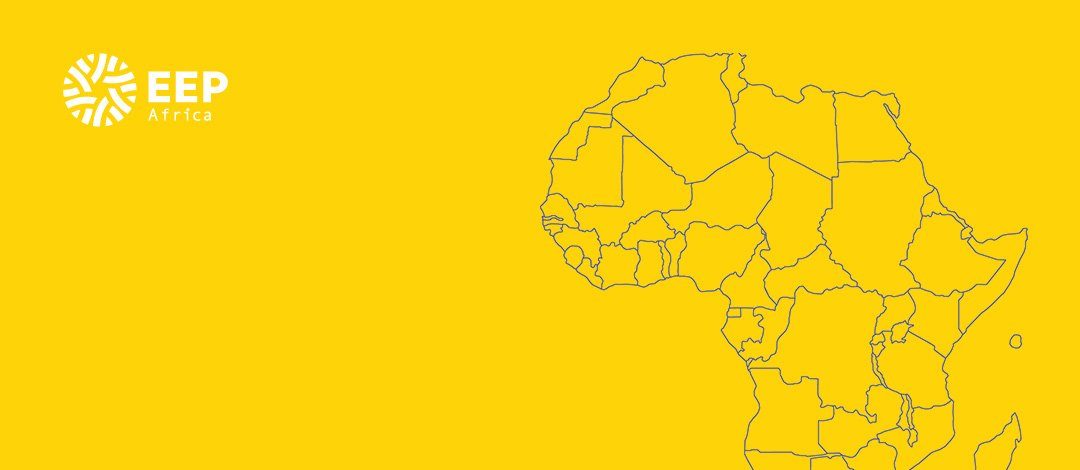
EEP S&EA has published two new Innovative Business Models from Rwanda and Kenya
NURU – GIVING LIGHT IN RWANDA
The second published Innovative Business Model presents Nuru Energy (Nuru), a Rwandan company providing rural households with access to sustainable, off-grid energy solutions. Nuru’s business model provides not only access to affordable energy, but also a platform to develop rural entrepreneurship. The new, environmentally safe product offering involves four key components: LED task lights, 60W solar panel, POWERCycle pedal generator and the Octopus Charger.
The Nuru Energy business model is successful because it considers the local conditions and needs for an off-grid solution specifically tailored for households living below the poverty line. By studying the characteristics of kerosene or flashlights for light consumption and leveraging off the examples from telecoms and collaborative consumption businesses, Nuru Energy can offer affordable LED lights to lowest income consumers and opportunities for village-level entrepreneurs to grow their own business whilst Nuru can generate revenue through the energy credit system.
Nuru Energy has by today distributed close to 100,000 LED lights successfully set up over 700 village-level entrepreneurs with an off-grid recharging platform that serves over 800 villages.
Read the full story of Nuru Energy’s Innovative Business Model
BUILD, OWN, OPERATE AND TRANSFER MODEL BY LEAN
The third published Innovative Business Model introduces a business model by Lean Solutions Energy Group (Lean). One of the company’s highlights is the successful Boiler/Furnace Conversion programme. The programme aims at 25% savings in energy costs by offering two solutions, conversion of existing fossil fuel boilers or furnaces to Lean Briqs fed boilers and furnaces or alternatively, for very old boilers, installation of a new lean fired boiler set. The eco-friendly Lean Briqs are non-carbonized briquettes produced from charcoal dust and agricultural waste including sugar cane remains, saw dust and coffee husks.
The innovative business model Lean has developed for the boilers is based on four steps: Build, Own, Operate and Transfer – the BOOT model. The unique solution of the BOOT model is that Lean takes the full responsibility of the investment and the boiler that is located at the facilities of the client. Lean owns the boiler and is in-charge of building and operating the boiler.
The BOOT model is highly replicable and the boiler conversions can be efficiently implemented. In addition to positive results through employment opportunities and reductions in use of petroleum-based fuels, the EEP funding is expected to achieve a catalysing effect that will enable up to 30 boiler conversion projects within the next three years.
Read the full story of Lean’s Innovative Business Model
Previously EEP has published a study on Innovative Business Model by Inyenyeri in Rwanda. The publication Proof is in the cooking is available here.


